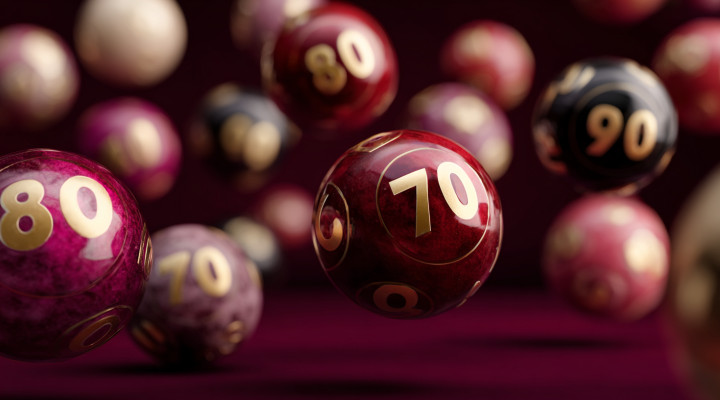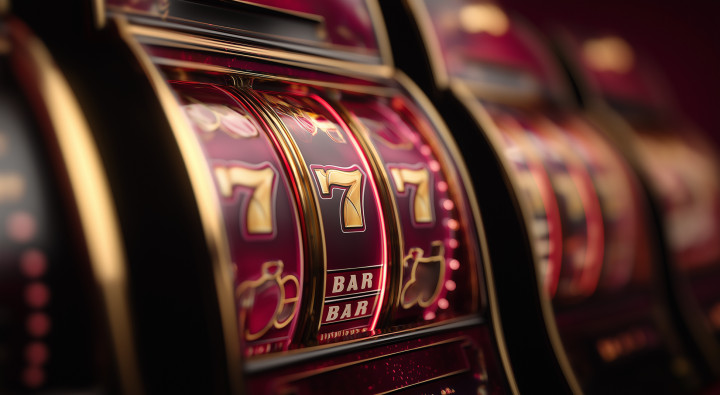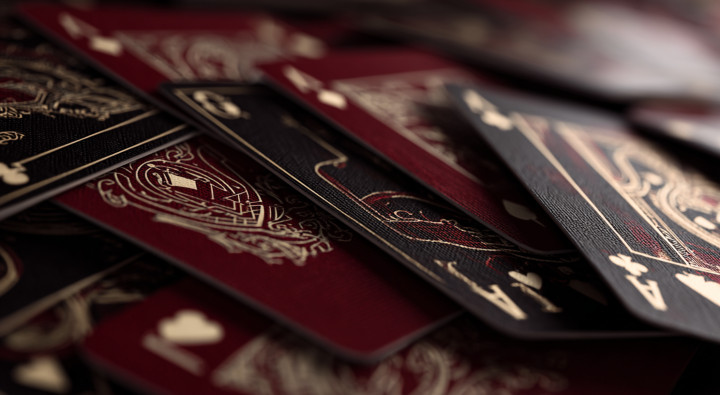Poker terms glossary – an A to Z of common poker terms
Poker is considered an intellectual game that can be arithmetically challenging. It also demands social deduction, figuring out bluffs and identifying tells. And, for those who master the game, there is the potential for some decent tournament and live-game prize money.
But, as well as learning the basic hands, players need a good understanding poker terminology. Whether you’re playing in person or online, there are a ton of poker terms that can be confusing, especially if you’re new to the world of real-money poker.
Below, we cover some of the most common poker terms used to help give you a better understanding in your next game. Don't forget - this is a perfect guide to refer back to when you're ready to start playing at one of the best poker sites.
Action
The betting action, including calling and raising, in any poker game.
All-In
When a player bets every chip they have on the outcome of a single hand, they are all-in.
Ante
An ante is a small bet that all players in ante-gamers are forced to play.
Big blind
A big blind is a forced bet and usually twice the value of the small blind.
Blind
Blinds are compulsory bets that are played, typically by the two players to the left of the nominated dealer.
Bluff
Attempting to fool other players into thinking you have a better hand than you do.
Board
The board is all community cards shown on the table.
Burn
Before playing the flop, turn, and river, the dealer burns, or disposes, of a single card from the top of the deck.
Button
The button is a marker which is handed to the dealer, whether nominal or real, in each hand.
Call
A player calls when they match the highest bet played, placing their money into the pot.
Check out the best UK online casinos to claim offers worth up to £9,500 and over 3,500 free spins!
Centre pot
The centre pot is the main pot in a hand of poker and may be referred to as the main pot. It does not include side pots.
Check
A player can check when there has been no betting before them. It is the equivalent of calling a £0 bet.
Community cards
Community cards are cards displayed in the middle of the table, visible to all players and used to create their best hands.
Complete hand
A complete hand is a hand made up of pocket cards and community cards, typically consisting of five cards.
Dealer
The dealer may refer to the actual dealer, who hands out cards, or to the nominal dealer. Where there is a professional dealer, the dealer button is passed around clockwise, and is important to determine blinds.
Extra blind
Extra blinds may be required for players who move position during a game, or have entered the game late.
Favourite
The hand that is statistically the most likely to win is the favourite. So, too, is the player holding that hand.
Flop
The first three community cards played on the table.
Fold
When a player discards their cards and takes no further part in a hand of poker.
Heads Up
Any pot that is only contested by two players. A heads up may occur at the end of a tournament or when only two players sit at a table.
Hole Cards
The first cards dealt face down to a player in a game of poker.
House
The house is the casino, poker room, or other establishment running a game of poker.
Learn: How to play poker
Muck
A player can choose to muck their hand when they discard it, which means the cards are not shown to other players or the dealer.
No Limit
No limit means players can raise any amount of chips, up to the total in front of them, when they bet.
Out
An out is a card that will give the player the best possible hand. The number of outs is used to determine the statistical likelihood of winning a given hand.
Pocket cards are the cards that only the player can see. In Texas Hold ‘Em the pocket is the two cards dealt face down.
Post
The action of placing the required blind bet when joining a poker table or moving position at the table.
Pot limit
Pot limit means a player can bet up to the current size of the pot when they raise or bet.
Price
Price is the amount of money in the pot that a player is currently playing for.
Raise
To raise is to increase the amount of money bet on a hand. Other players must meet the bet to stay in the game.
Rake
The rake is the amount of money taken from every pot by the dealer, and given to the house.
Rank
Rank is the numerical value of a card, rather than the suit of the card.
River
The river is the final, or fifth, community card played. It may not be played in some games.
Short stack
A player is said to have a short stack when their chip count is much lower than other players at the table.
Showdown
A showdown occurs when all players show their hands and the winner is determined. A showdown doesn’t occur in every game.
Side pot
A side pot is created if a player wants to call but doesn’t have enough chips to meet the current bet, or if betting continues after a player has played all of their chips. It runs to the side of the main pot.
Small blind
The small blind is one of typically two forced bets in a game of poker, is half the size of the big blind and usually around a third of the size of the first round bet.
Split pot
A split pot is shared between two or more players because they have equally ranked hands.
Table stakes
Table stakes means that players can only bet with the chips on the table. They cannot use chips or money from their pocket or wallet.
Turn
The turn, which may also be referred to as fourth street, is the fourth community card turned over.
Underdog
The underdog is the player who is statistically the least likely to win a given hand.
Responsible gambling with FIRST
You must be 18+ to gamble. Gambling is a form of entertainment, not a way to make money. Our tips and advice help you enjoy gambling, but there is always a chance a bet or casino game can lose.
Never bet more than you can afford to lose. Stop betting if you are angry, emotional or under the influence of alcohol.
Warning signs of problem gambling: chasing losses, betting money needed for bills, or feeling unable to stop.
Need help? Visit our responsible sports betting page or our responsible casino gambling page, or contact the support organisations listed below if you're struggling to control your gambling:
Gamblers Anonymous UK
BeGambleAware
GAMSTOP
National Gambling Support Network
Gamcare
NHS National Gambling Clinic






 Slot volatility: Understanding high, medium, and low variance slot games
Slot volatility: Understanding high, medium, and low variance slot games
 The different bingo games explained - 90 ball vs 80 ball vs 75 ball
The different bingo games explained - 90 ball vs 80 ball vs 75 ball
 What is card counting? Demystifying the maths behind blackjack strategy
What is card counting? Demystifying the maths behind blackjack strategy
